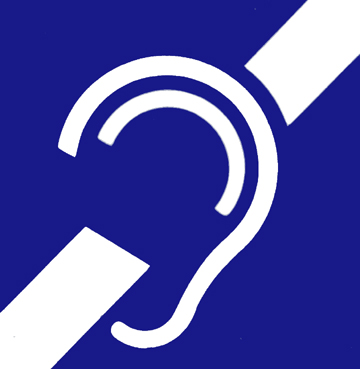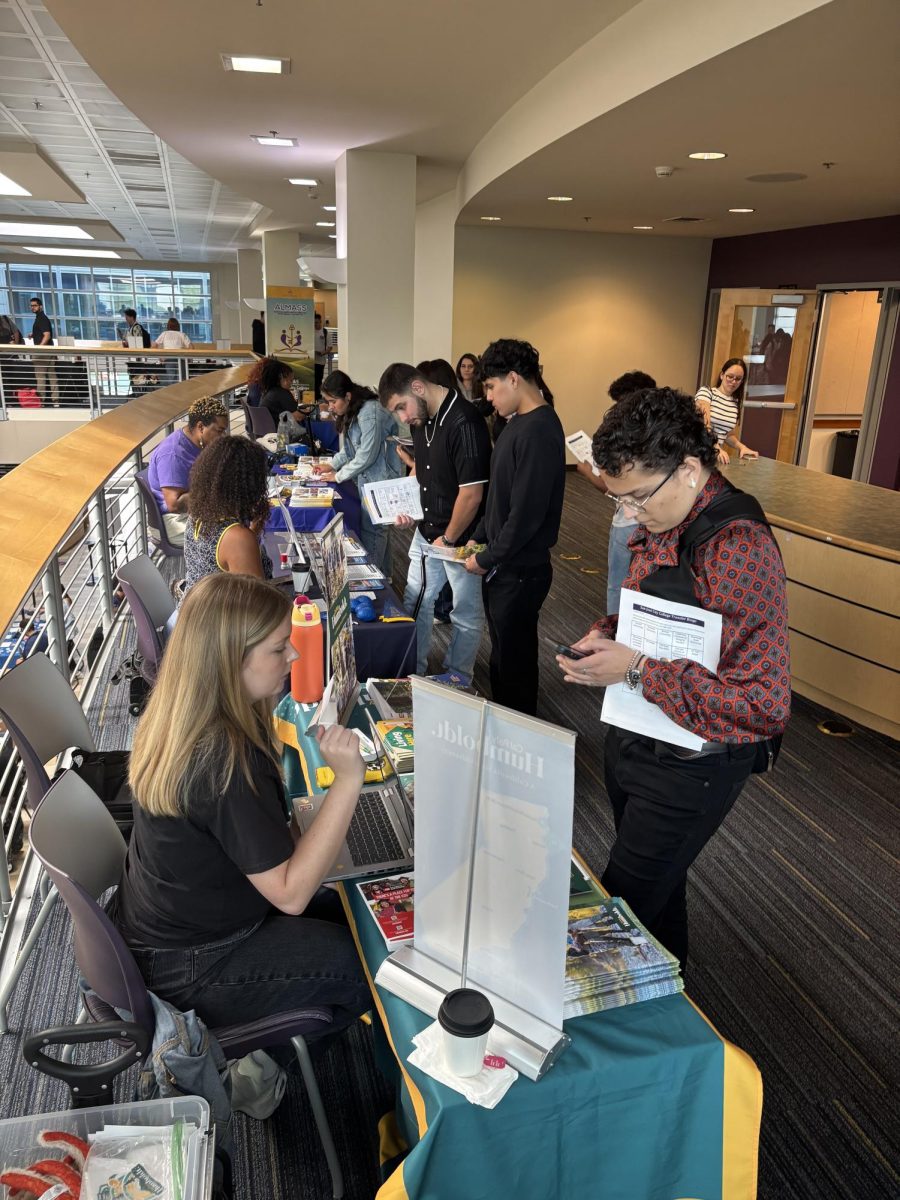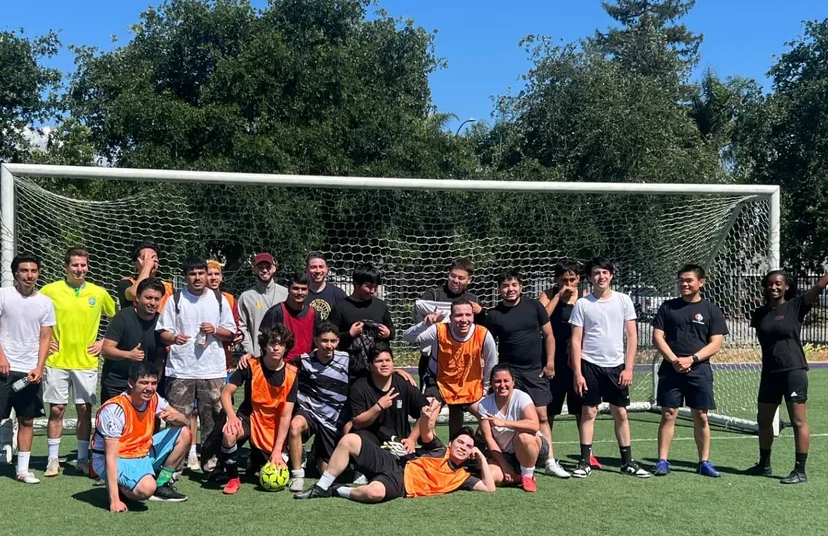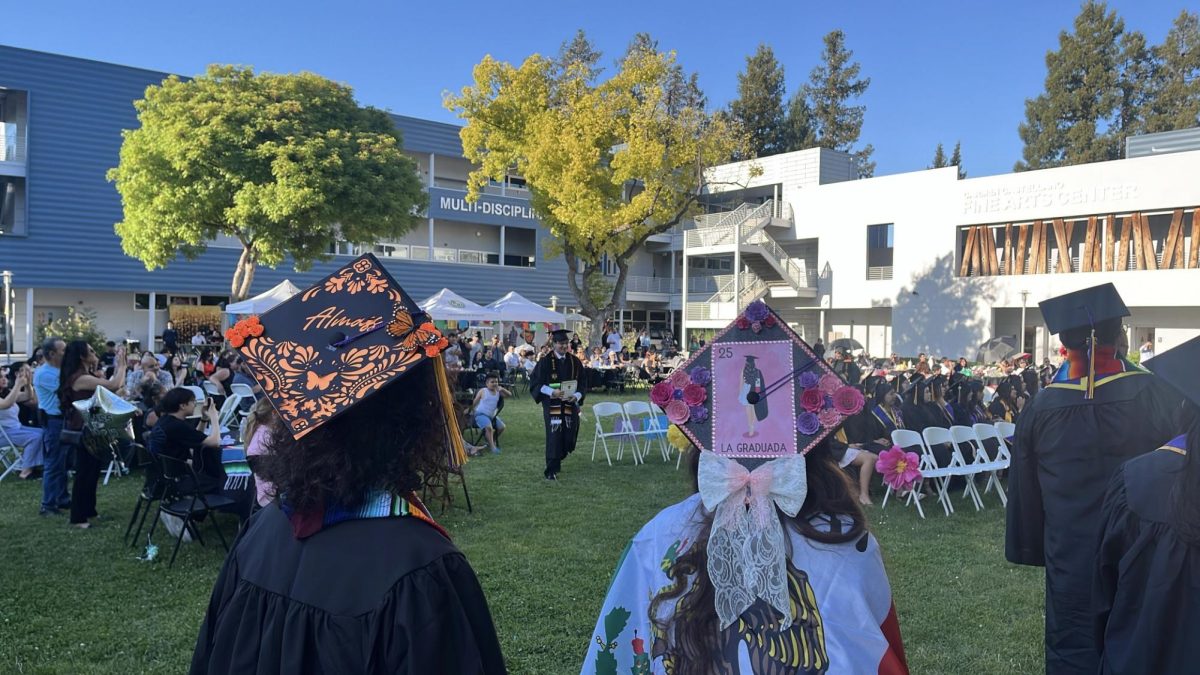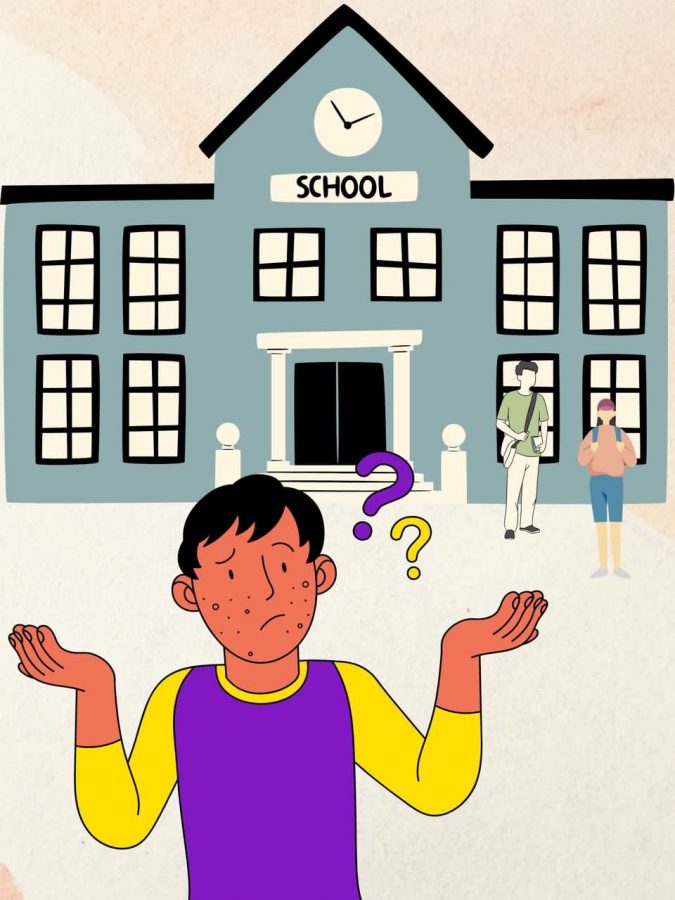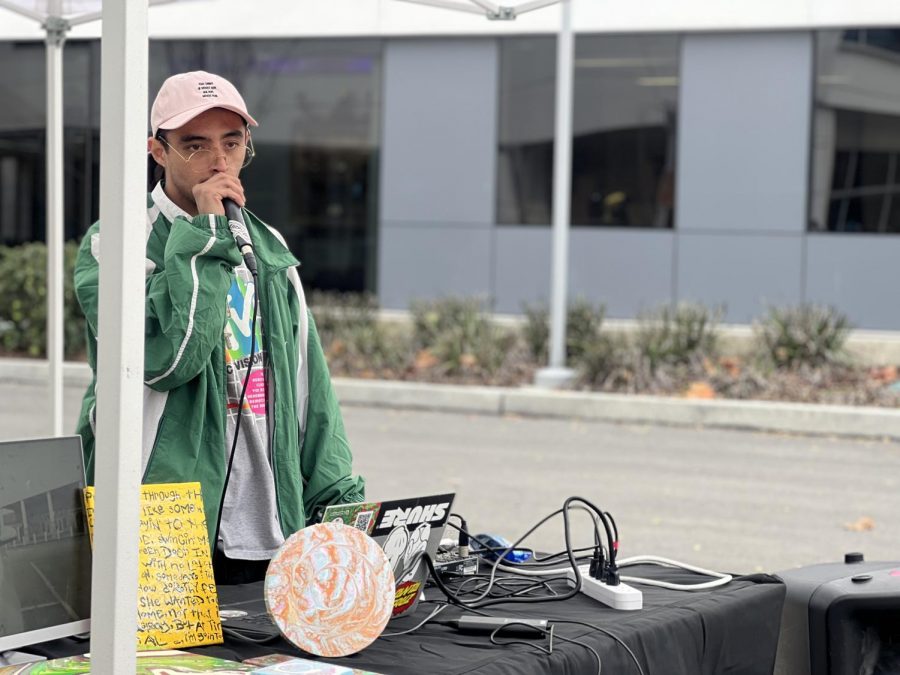Deaf rights in educational environments
By ReVae Jensen
One of the most important things in deaf culture is to ensure human rights for deaf people all over the world in every aspect of life. Human rights are universal and they belong to everyone regardless of sex, national or ethnic origin, color, religion, language, or any other status. All people are entitled to exercise civil, political, social, economic and cultural rights on an equal basis with everyone else. Unfortunately the rights of Deaf people are often overlooked. Social settings and barriers prevent deaf people from enjoying full human rights. A major barrier is lack of recognition, acceptance and use of sign language as well as lack of respect for deaf people’s cultural identity. Deaf people’s basic rights are protected by four things: Sign Language, Bilingual Education, Accessibility, and Interpreting.
Sign language
Sign language is a universal language. Sign language is expressed through hands and expressions. Sign language is used by the Deaf community as part of the cultural, social, historical and religious heritage.
Bilingual Education
Deaf children and adults must have access to equal and quality education. All people are born with same basic capacities for language, and they should reach their full potential with quality education programs. They learn best in sign language. A bilingual approach is becoming more popular. The teaching language is sign language in all subjects for Deaf at the same time teaches reading and writing skills of language used in the country. It creates good learning results because it supports natural learning and communication access. It equips better success in all ranges of educational subjects.
Accessibility
Barriers to access are rarely about physical obstacles. Most often the barrios lie in the lack of assessable information, whether information comes from direct interaction with others who do not use sign language or from other sources. In direction interaction, accessibility is often based on availability of sign language interpreter.
Interperterting
The biggest key factor for accessibility is the right to a sign language interpreter. It ranges from government services to any other serves run by institutions where they do not use sign language. They are to establish a system to provide equal access to sign language interpreters for all situations where they are requested. The deaf person or any association of the Deaf should not be responsible for the related expenses, instead, these services should be provided without creating any cost or economic disadvantage to the individual or their association.
Sign language interpreting is a profession that serves both deaf and hearing people, and the profession requires training. Sign language interpreters must follow a Code of Ethics in order to preserve professional confidentiality and good understanding of duties and roles that are required.

